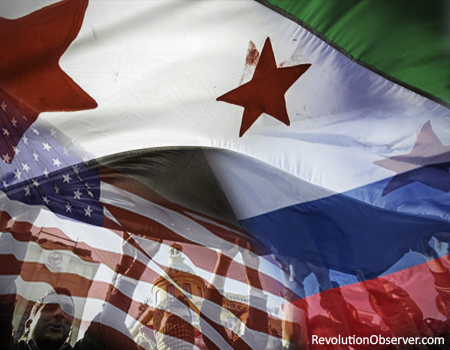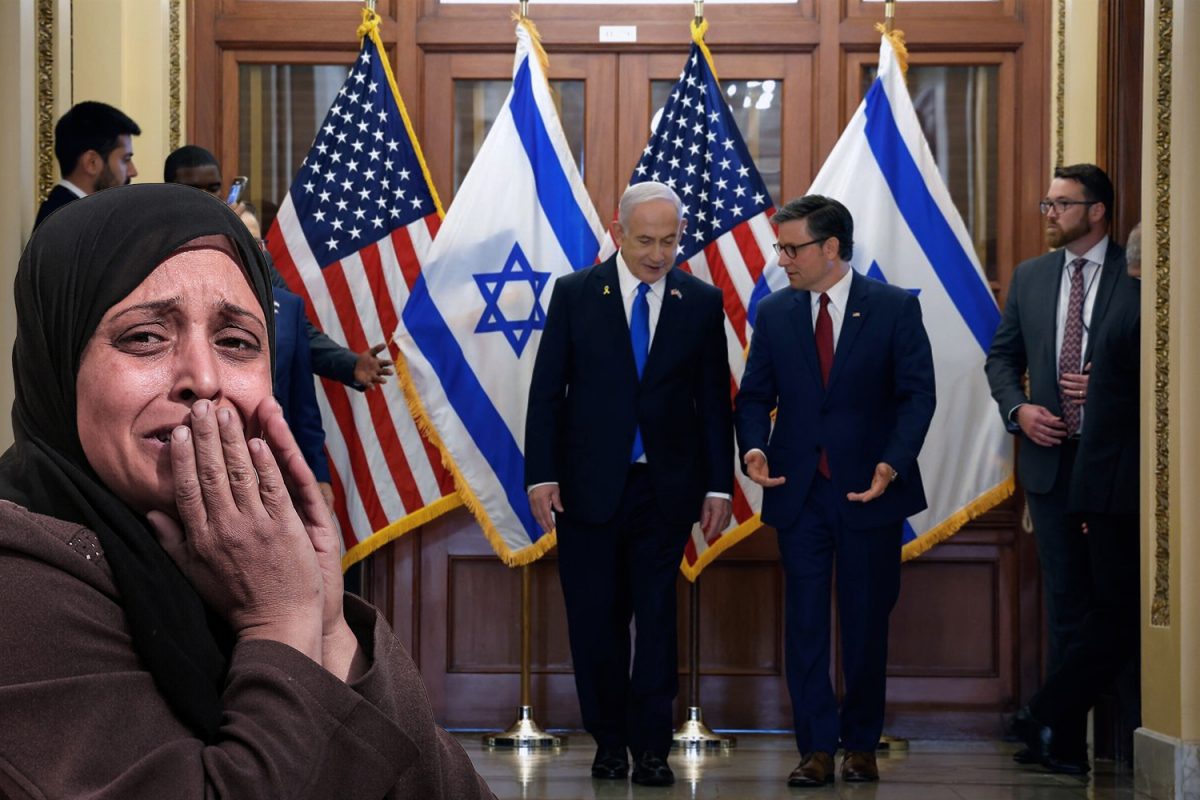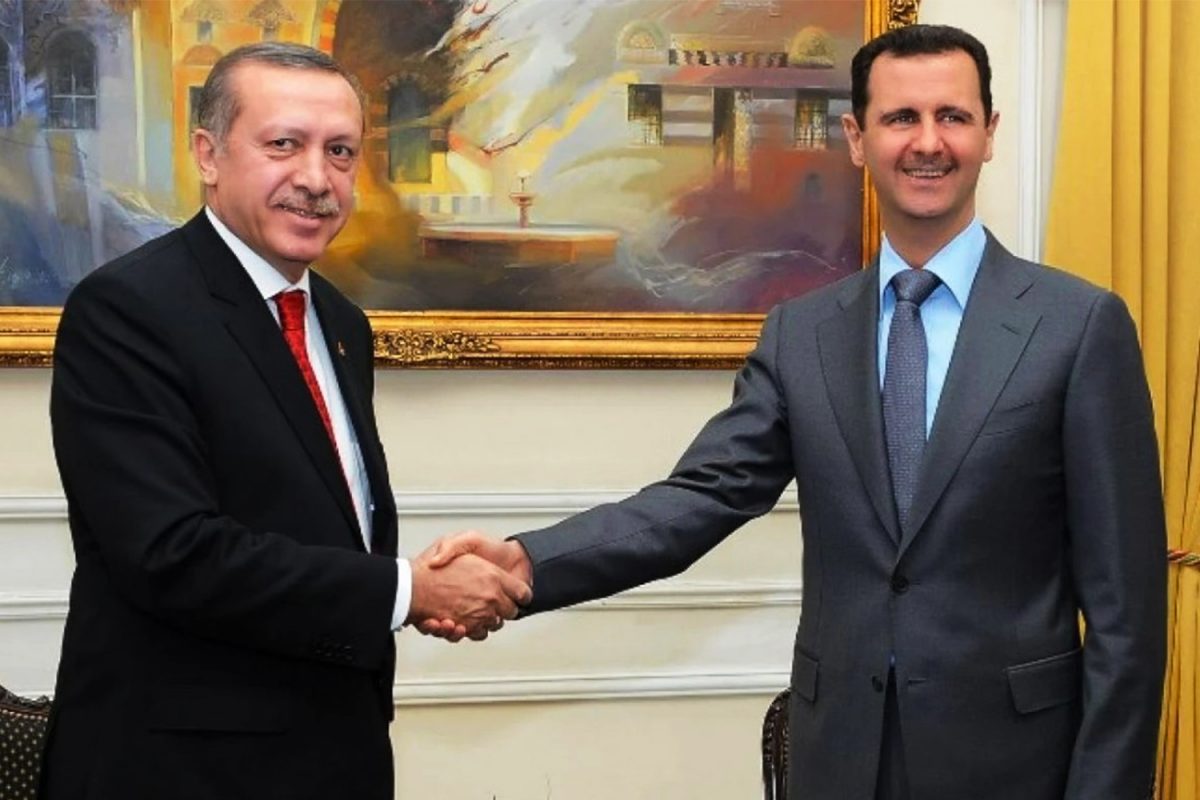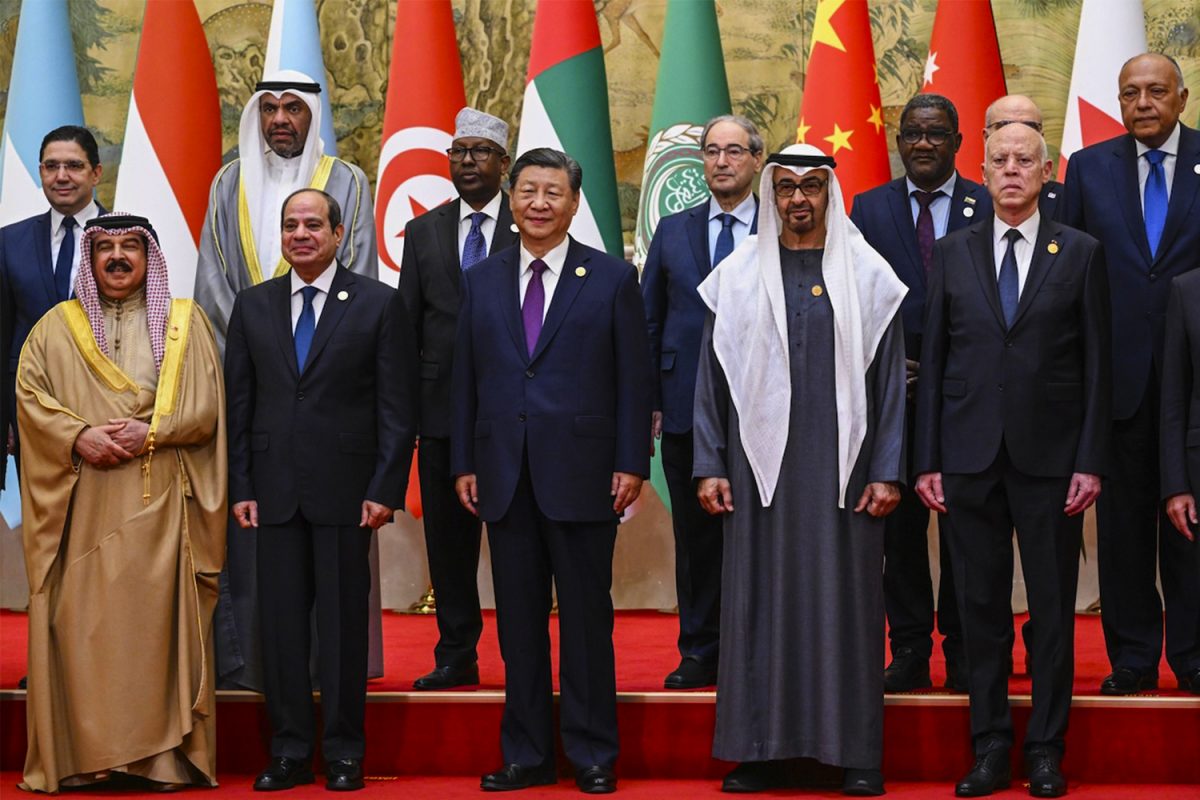By Ali Harfouch
The Syrian revolution and the subsequent international responses reignited a debate over the nature and dynamics of international politics and conflict. Political analysts, observers, and writers were quick to point out that the apparent opposition between Russia and the United States was indicative of the re-emergence of the ‘cold-war’. A casual observer would be forgiven for thinking that there is, seemingly, a tendency amongst some analysts to recycle old-narratives in order to understand new and more complex realities.[1]
The utilization of such narratives has the potential to skew the objective depiction of the subject matter; namely the socio-political and economic reality in Syria. Therefore, it is no surprise that much of the literature and policy analysis emerging about the Syrian revolution draws upon a Russia v.s. US dichotomy – a bi-polarity and rekindling of the Cold War. Similarly, a false-dichotomy emerges, according to which all political actors, Islamic and secular, are neatly divided. What makes matters worse, is when this false-dichotomy gains acceptance amongst the intelligentsia in the Arab-Muslim world, they would not look beyond the Russia-US binary to understand political situations. Political independence and the formation of an autonomous principled vision for the Muslim world becomes all the more unlikely.
The Egyptian President Mohammad Mursi’s Cairo Initiative is an example of a perceived inability to formulate an independent trajectory for the Syrian revolution and instead resorting to false-compromises between the existing trajectories and solutions pre-determined by hegemonic powers.[2] By limiting one’s realm of possibilities within the bleak horizons of a power-framework, such as the so-called Cold War in Syria, a political “actor” is left with two bleak options:
-
To choose a ‘solution’ determined by one of the competing powers; whether the European proposal, the American proposal, and so forth.
- An attempt to formulate a compromise-based ‘solution’ drawn from two or more existing options. An example of such would be to seek a compromise between the European proposal and that of the United States.
Furthermore, an imposition of the cold-war narrative, fails to take into consideration the following developments and/or differences:
-
Russia and the United States do not belong to two ideologically opposing camps as was the case during the Cold War in which the United States represented Capitalism and the U.S.S.R. represented Communism. In the post-cold war international realm, both Russia and the US produce policies largely oriented by a shared ideological discourse; Capitalism.
-
Today’s international arena is radically different than the bi-polarity which existed during the Cold War. Following a period of uni-polarity experienced by the United States after having neutralized its international rival, the dynamics have changed and a largely multi-polar world shapes the power-politics in the Middle East. In other words, the United States and Russia are two of several international hegemonies, all of whom are key actors on an international level.
-
Political actors in Syria, be it the grassroots opposition or the regime, are not satellite-states of either the United States or Russia. At best, the Assad regime is an ally of both the U.S and Russia. The pragmatic alliance between Russia and the Syrian regime is defined by mutual interests, military vulnerability, the production of security, and economic dependency. On the other hand, the United States has failed to secure its interests within the opposition in Syria, vis-à-vis a loyal ground of native-elites.
- Neither Russia nor the United States wants to restructure the Syrian economy. Both nations function and act within a Capitalist world-system whereas the Cold War was marked by a duality-of-systems. If anything, a continuity of Bashar al-Assad’s economic liberalization is a shared trajectory by both powers.
A stark similarity however is the indifference of both Russia and the United States towards the revolting Syrian population. A ‘negotiated settlement’ between the Western-backed “opposition” and the regime is a shared goal of both international powers. A shared position reminiscent of the indifference of the US and the U.S.S.R towards the first Lebanese civil war in 1958 and the Iran-Iraq war. Despite the fact that these bloody conflicts were driven by the power-politics of the Cold-War, both powers sat back unwilling to intervene as the violence escalated. A desire for a “negotiated settlement” has been expressed by a mutual-backing of the proposed Geneva 2 meeting, the aim of which is to pressure the Syrian rebels to accept a “peaceful transition” under the auspices of the Western powers.
An anarchic and rapidly evolving multi-polar world provides us with new windows of opportunity, and the possibilities emerging in Syria testify to such. An objective analysis and the formulation of alternatives for a post-Assad Syria are predicated on the ability to look beyond the existing power-narratives and transcend the realm of ‘possibilities’ defined by the existing hegemons (for eg. those ‘options’ determined by the so-called Cold-War powers; U.S and Russia). Similarly, analysis of developments in Syria must also transcend pre-determined narratives and must take into account the new power-dynamics which shape the region. More importantly, the recycling of old-narratives is not only problematic on the theoretical or analytical level but also for the ability to determine the future in the Middle East by its own people.
[1] For example Curtis Ryans ‘The New Arab Cold War and the Struggle for Syria’ in MERIP.
[2] Egyptian Leader Adds Rivals of West to Syria Plan David D. KirkPatrick NY Times





